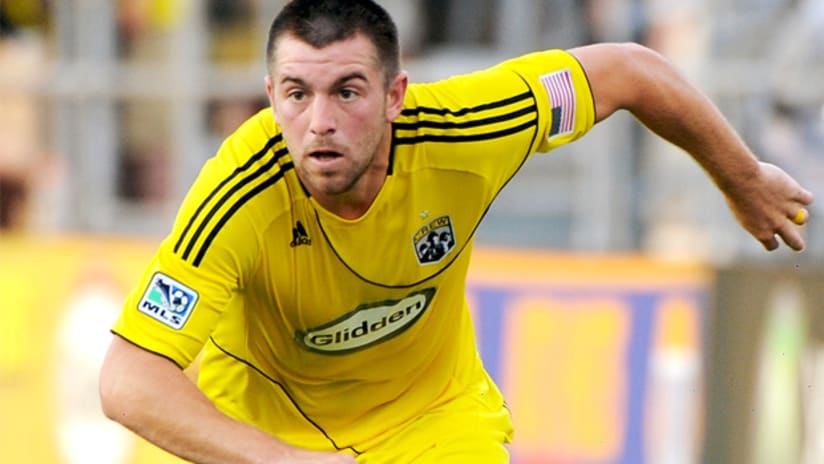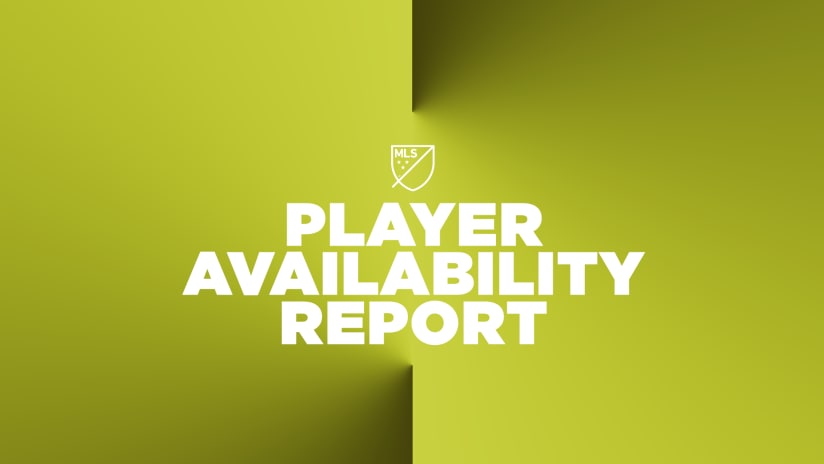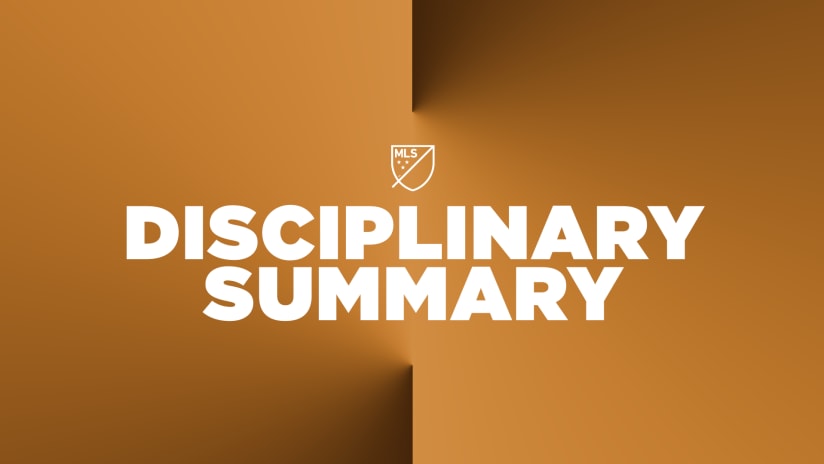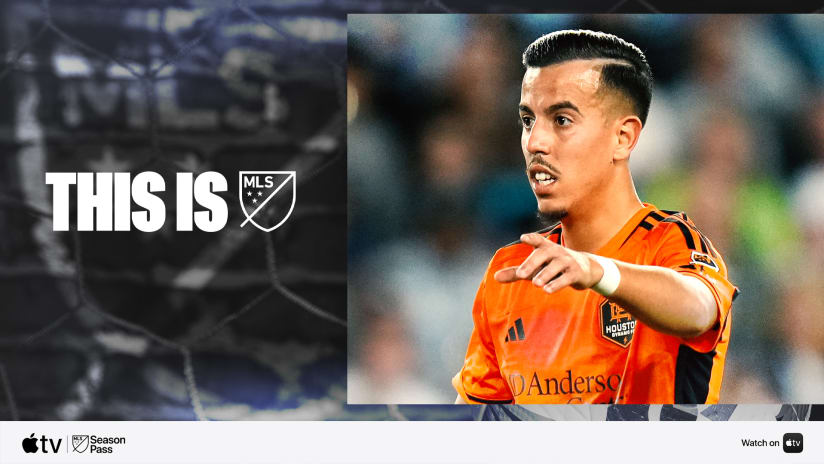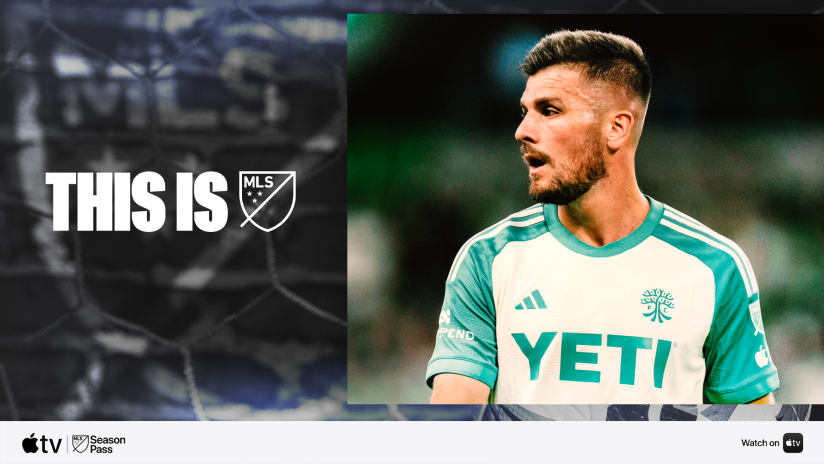OBETZ, Ohio – While forward Jason Garey is in a battle to regain his starting position with the Columbus Crew, he is also engaged in another struggle away from the field.
The Louisiana native is using his free time to spread the word about the disappearing wetlands in the southern part of his state. It has been a problem for many years, but has been brought to the forefront by the recent oil spill in the Gulf of Mexico.
Garey knows the coastal region well and his uncle, Mike Garey, runs fishing charters 30 minutes from the French Quarters in New Orleans.
“It’s a cause close to my heart,” Garey said. “That’s where I grew up. My family and my uncle make a living down there. We all fish in the marsh and take vacations down there.
“The rate it’s disappearing has been going on a long time,” he added. “It’s pretty remarkable. Not enough people know about it in other parts of the country. They don’t realize what those wetlands mean as far as seafood, as far as jobs, as far as oil and natural gas industry, tourism.”
After an article appeared in a Columbus newspaper, Garey was contacted by Vanishing Paradise – a partnership forged between Ducks Unlimited and National Wildlife Federation in an effort to help restore the Louisiana coastal wetlands and educate people about them – last month to write an op-ed piece that has since been distributed to media outlets around the country.
Because of that, Garey has been interviewed by the New Orleans Times-Picayune and was contacted by The New York Times this week.
But this isn’t the first time the Crew forward has lent a hand; Garey has been doing it for his state for years. He raised money for Hurricane Katrina victims while in college and rebuilt homes in New Orleans through Habitat for Humanity.
“I have a little bit of a platform being in MLS, and maybe a few more people will get educated about it and put a little bit of pressure on their elected representatives,” Garey said of the wetlands issue.
“I know some people don’t like to hear athletes or actors say anything about politics. It isn’t about politics for me. It’s about a place where I’m from is disappearing at a rapid rate. To not say anything would do the people I grew up with a disservice,” he said. “It can’t do any harm. It’s something I can do in my spare time and maybe make a little bit of difference.”
The wetlands are disappearing at a rate of about 15,000 acres per year and more than 2,000 square miles of Louisiana coastland has eroded in the past 100 years.
He said the erosion began in earnest in 1927, when the US Army Corps of Engineers built levees along the Mississippi River that deprived the Louisiana marshes of much needed silt for the sediment. Also, the oil and gas industries have used the area for more than 8,000 miles of canals and pipelines to add to the losses in the area.
“It’s not just an oil spill problem," Garey said. "It’s a very complicated set of problems, but there are solutions."
He makes it clear he’s not railing on the oil industry. His father, Rick, and uncle Mike worked on oil rigs for years.
“I’m not a scientist, but I did grow up with this stuff,” Garey said. “I did learn about it and my dad knows a lot about it. It’s a topic of discussion in my family.”
Garey’s hasn’t been able to visit Louisiana since the oil spill in April, but he plans to be active with Vanishing Paradise and other groups in the offseason.

